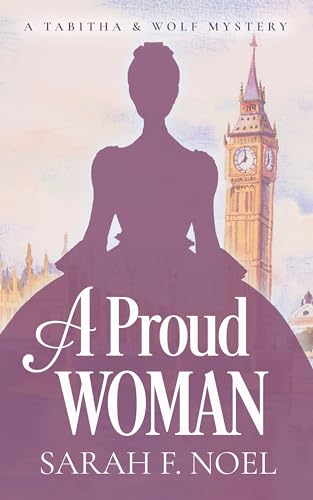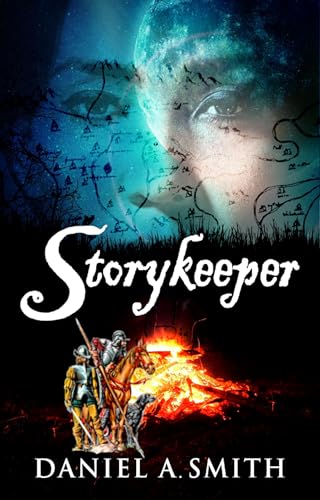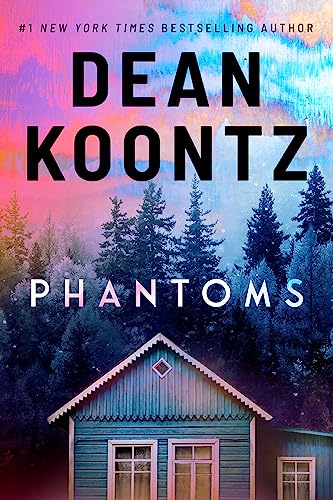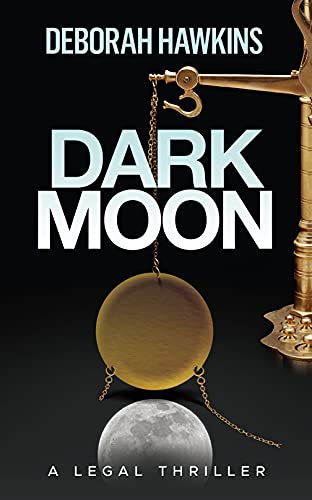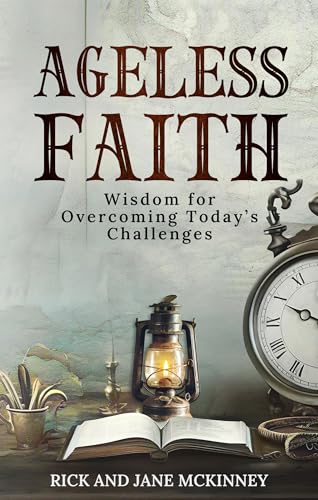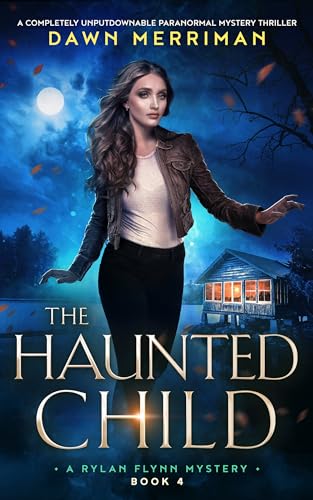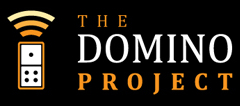 In today’s Publetariat Dispatch, indie author indie author M. Louisa Locke explains why and how indie authors are at the vanguard of publishing.
In today’s Publetariat Dispatch, indie author indie author M. Louisa Locke explains why and how indie authors are at the vanguard of publishing.
I ran across this quote today, from a post that historical romance novelist Courtney Milan wrote this week as an open letter to agents.
The traditional information storehouse has been inverted. Right now, the people who know the most about self-publishing are authors, and trust me, the vast majority of authors are aware of that. For the first time, authors are having questions about their careers, and their agents are not their go-to people.
While not having an agent, in fact having decided in the fall of 2009 not to look for an agent for my historical mystery, Maids of Misfortune, I can’t really speak to this group’s effectiveness in this new publishing climate. Neither do I want to go into whether or not I think that the decision on the part of some agents to begin to publish their authors’ work has ethical or conflict of interest ramifications. Although the latest brouhaha that just erupted when an agency threatened an author with legal action because she said they were setting up as a digital publisher, when they insisted they were just starting an “assisted self-publishing initiative,” suggests that this question is not going to go away.
What I want to address is Milan’s assertion that authors are the people who know the most about self-publishing. I not only agree, but I would take this one step further. I think that self-published authors may know the most about publishing, period, in this time of expanded ebook publishing and social media marketing.
Let me count just some of the ways:
1. Most self-published authors know about both legacy publishing and self-publishing, which gives them a uniquely broad perspective.
In my experience, most of self-published authors have already had fairly extensive experience with the legacy publishing industry (as traditionally published authors, as authors who have spent years trying to become traditionally published, and as friends of published authors). From this experience we are in a better position to make well-informed decisions about the costs and benefits of both paths to publication, and which path to choose for a given project.
For example, since we understand the lead time it takes to get a book published with a legacy publisher, versus a self-published book, we might choose self-publishing for a non-fiction book that is very time-sensitive, but willingly pursue a legacy publisher for a work of fiction that we feel would do best in print and distributed through brick and mortar stores.
2. Self-published authors were among the first to embrace ebook publishing as their main method of publishing, and therefore they have longer and greater experience in this realm, which is where the market is expanding the fastest.
For most of us the lack of capital meant learning how to format and upload ebooks ourselves, therefore we understand both the relative ease of this process and the importance of it. Even if we decide to pay someone else to do the formatting, our experience helps be better judges of the value of this service.
For example, we would be much less likely to be snookered into paying a high fee to an agent or anyone else for “taking care of” this for us. We understand that while most readers of ebooks are fairly tolerant of an occasional formatting error, they don’t like a lot of white space, including indents that are too large, blank pages, and unnecessary page breaks. We understand the cover design that works on a printed book sitting on a shelf doesn’t work on a thumbnail on the virtual bookshelves of an eretailer or a website, and we have had the chance to experiment to find the most effective covers for our books in this environment.
3. Self-published authors have up-to-date information about sales data, and they can and do share that information.
The turning point for me in making the decision to self-publishing came when I read Joe Konrath’s initial blog postings listing his ebook sales. I finally had the concrete numbers to determine what kind of sales I would need to pay for my capital outlay, and what kind of income I could make, compared to the advance I could expect going the traditional route.
Agents, publishers, even traditionally published authors, are very unwilling to ever talk about numbers, unless, of course, they are talking about a New York Times bestseller. The whole convoluted publishing industry accounting system, the lag in recording royalties (which go through the agent-I mean, what is up with that??), the fear that weak numbers are going to be the kiss of death for achieving the next contract, all work to keep a veil of secrecy. If you are an author this means you may never really understand how many books you sold, when and where you sold them, which covers worked, which price points worked, and which method of delivery got you the most profit.
Self-published authors working through such methods of delivery as CreateSpace for print or KDP or ePubit for ebooks not only have ready access to this sort of information, which is so crucial for designing effective market strategies, but we have no reason not to share this information. I can write that my sales have been lower this summer than in the winter, and not worry that this will hurt the chances that my next book will be published, or marketed aggressively, or reviewed positively. And I can learn from other authors if they are experiencing a similar pattern, and if so, what they are doing about it. This is one of the reasons we knew that ebook readership was going up, that certain price points worked better than others, that the Nook was beginning to claim a significant share of the market, before most of the traditional pundits did.
4. By necessity, self-published authors have had to rely on e-retailers, but this has made them savvy about how best to attract customers in this expanding retail environment.
For example, authors published through legacy publishers are often slow to understand how important it is to get your book into the right category on Amazon or Barnes and Noble. In my experience most traditionally published authors, and their agents and editors, don’t even know that categories had been chosen for their book, and, as with most aspects of publishing (the title, the cover design, the product description), the authors don’t have ultimate control over the final choices. Getting any changes made after publication (in a cover or category or price that doesn’t work) is also difficult.
5. Again by necessity, self-published authors have had to develop alterative methods of marketing—which have made them innovators in using social media for this purpose.
I am still amazed when I read comments by traditionally published authors on various sites saying that their books have just “been put up on Kindle,” and asking if anyone has a suggestion how to market those books. Obviously neither their agents or their editors have had much to say on the subject, beyond “set up a website.” Not surprisingly, it is self-published authors that seemed to give the most detailed advice in response to these queries. See Rob Walker’s huge thread on KDP community forum.
6. Self-published authors are going to continue to be the innovators in publishing, no matter what the future holds, and therefore the best source of information.
We have to be innovators, because we don’t rely on anyone else-not agent or editor-to ensure our books are out there and being read. Two years ago, when I researched self-publishing, Amazon’s Kindle and Smashwords, were the two major ways open to me to independently upload my book. Since then Barnes and Noble’s ePubit, Google Editions, Kobo and many other companies have made it possible for independent authors to publish on their sites. In addition, while the iPad’s ibook store has been slow to expand, more and more people are downloading books, often using the Kindle or other aps, not only to the iPad, but more often than not to the iPhone or other similar devices. Traditional publishers are forced to deal with each of these changes slowly, often with protracted negotiations, which slows their authors’ access to these venues. Self-published authors were able to respond immediately to these changes, as they will be able to do with what ever new twist the ebook or print on demand aspects of the industry takes.
Self-authors are intrinsically less conservative than people who work within the legacy publishing industry, where risks can ruin a career. An agent who takes on too many cutting edge writers and can’t sell their books, an editor whose choices don’t make back the authors advances, the author whose sales don’t pan out, all risk losing their business, their jobs, and their next contract. The motivation, therefore, is to choose authors and books that either fit this year’s trend (no matter that by the time the book comes out the trend may have peaked), or fit squarely into a niche market, and aren’t too long, or too short. Self-published authors have the choice to take risks, because they answer to no one but themselves and their readers.
7. Finally, I believe that most authors are going to become self-published authors, and therefore will remain the major source of information about self-publishing. Not because they are all going to leave legacy publishing, but because more and more authors are going to see self-publishing as one of their options over their career.
Practically every author I have ever known has an idea for a book or a manuscript squirreled away, or a short story or novella they have written, that they either had failed to sell to a legacy publisher, or simply never tried to write or sell, because they knew that this work wouldn’t be acceptable. These ideas, these works, now can see the light of day. The market may turn out to be small for any particular work, but if you have written something that pleases you, that you as a reader would like to read, and you can self-publish that work and watch as people buy it, review it, and email you about it, the satisfaction is enormous.
I spoke to a college journalism class this spring about the possibilities of self-publishing, and a young man came up to me afterwards, all enthusiastic, and he told me that I had given him hope. His father had tried to discourage him from pursuing a career as a writer, telling him it would be years and years, and maybe never, that his work would ever see print. I had just told him what he had written already, what he chose to write next month, could be out there being read in a few days time.
This is one of the reasons that agents or publishers who try to lock authors into exclusive clauses, or manipulate print on demand to keep hold of copyright, are simply going to drive even more of their authors into self-publishing. Once an author has been exposed to the liberating belief that all of their work can get in print, and all the work that is good, will get to be read, they will not go back to telling themselves that the gatekeepers were saving them from the awful mistake of publishing a bad book, and that the favorite quirky cross genre manuscript they wrote really is better off never being read by anyone.
Does this mean the end of agents or publishers? Of course not. But it does mean that those people in the traditional publishing industry who continue to hold self-published authors in contempt, who continue to try to argue that all authors and all published books should go through their doors to get to the reader, who fail to turn to their authors and their readers for advice, are going to find themselves losing out in the future.
This is a reprint from M. Louisa Locke‘s site.


